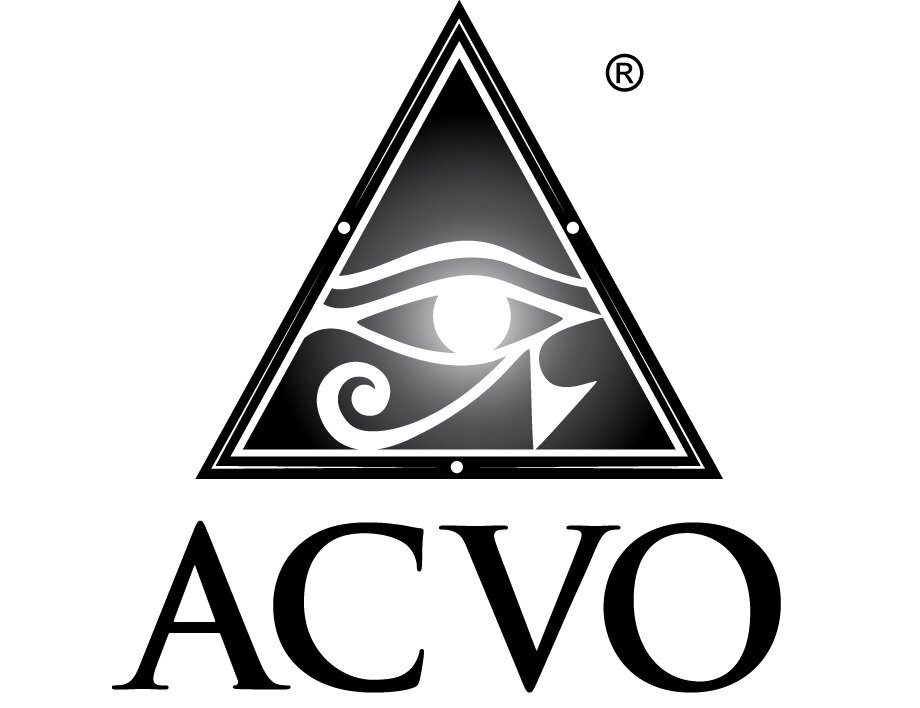Sudden acquired retinal degeneration syndrome – why don’t we know more and why can’t we do more?
Freya Mowat, DACVO
Sudden acquired retinal degeneration syndrome (SARDS) affects middle aged dogs of many breeds, but Dachshunds, Pugs, Miniature Schnauzers and other dog breeds are commonly affected. Dogs often have additional signs (hunger, thirst, weight gain). The disease has been described for over 2 decades, but veterinary ophthalmologists are still somewhat “in the dark” about this disease. Studies have explored associations with the immune system, and although the jury is out on a definitive link, there is some evidence of a connection. However, only a very small proportion of dogs will respond to treatments that modify the immune system. An ACVO Vision for Animals Foundation funded study found that out of 10 dogs treated with the immunosuppressive medication mycophenolate mofetil, no dogs had improved vision. (https://www.ncbi.nlm.nih.gov/pubmed/29383824 ) One reason for this lack of response might be that dogs have a lot of degeneration of the retina at the time of diagnosis, meaning that treatment cannot restore what vision is already gone. Being able to diagnose the disease at an earlier stage is therefore critical in order to treat the disease more effectively.
Researchers at NC State University (Raleigh, NC) are conducting studies to examine whether dogs with SARDS can be diagnosed at an early stage, perhaps with a blood test. Owners of dogs with SARDS can participate in citizen science in the form of an online survey, examining the time “window” in which other signs are present (drinking more, eating more, gaining weight), but vision is still present. The hope is that if a diagnostic test can be developed, the time window for treatment will be better understood. Owners can participate here.
